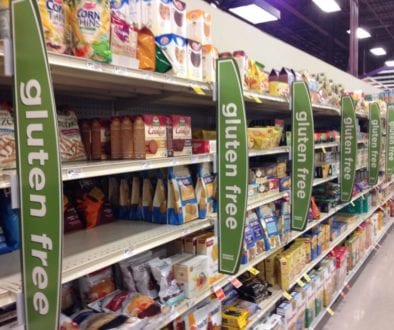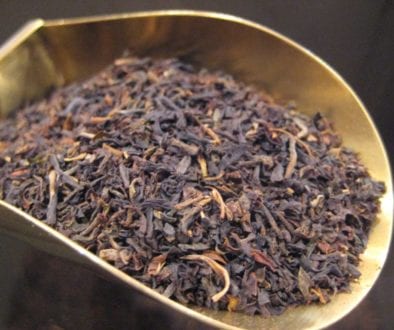What Is Potassium Sorbate?
First discovered in the mountain ash tree, potassium sorbate is a variation of sorbic acid, a polyunsaturated fat. As a potassium salt, potassium sorbate is used as a food preservative and is now produced synthetically. This preservative breaks down into water and carbon dioxide in your body, according to the Center for Science in the Public Interest.
What It’s Used For
Potassium sorbate is used as a preservative in a number of foods, since its antimicrobial properties stop the growth and spread of harmful bacteria and molds. It is used in cheese, baked goods, syrups and jams. It is also used as a preservative for dehydrated foods like jerky and dried fruit, as it does not leave an aftertaste. The use of potassium sorbate increases the shelf life of foods, so many dietary supplements also include it. It is commonly used in wine production because it stops the yeast from continuing to ferment in the bottles.
Regulation and Levels
The Food and Drug Administration and the Center for Science in the Public Interest consider potassium sorbate to be generally recommended as safe. Defined as a food additive and preservative, potassium sorbate is often used in only very small levels in foods. According to APAC Chemical, the specific amount used varies based on the manufacturer, but cheeses have the highest typical use percentage — between 0.2 and 0.3 — while wine uses the least, between 0.02 percent and 0.04 percent.
Side Effects of Potassium Sorbate
A 2010 study published in “Toxicology in Vitro” found that exposure of human blood cells to potassium sorbate in the laboratory caused damage in DNA. But further study, including a long-term study on people, is still required. In addition to potentially causing harm to DNA, potassium sorbate may cause an allergic reaction when used externally, as it is sometimes used in skin lotions.
Avoiding Potassium Sorbate
Because potassium sorbate is so widely used as a preservative and anti-bacterial agent, it can be almost impossible to avoid, unless all of your food is made fresh at home. The Organics Institute recommends avoiding all processed or prepackaged foods, and when you are not able to, choose foods that contain natural preservatives, such as ascorbic acid, citric acid, vinegar, salt and sugar. Staying away from processed and cured or smoked meats will reduce your potassium sorbate consumption. In many cases, choosing organic products can be a simplified way of avoiding potassium sorbate and other food preservatives.



